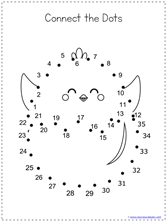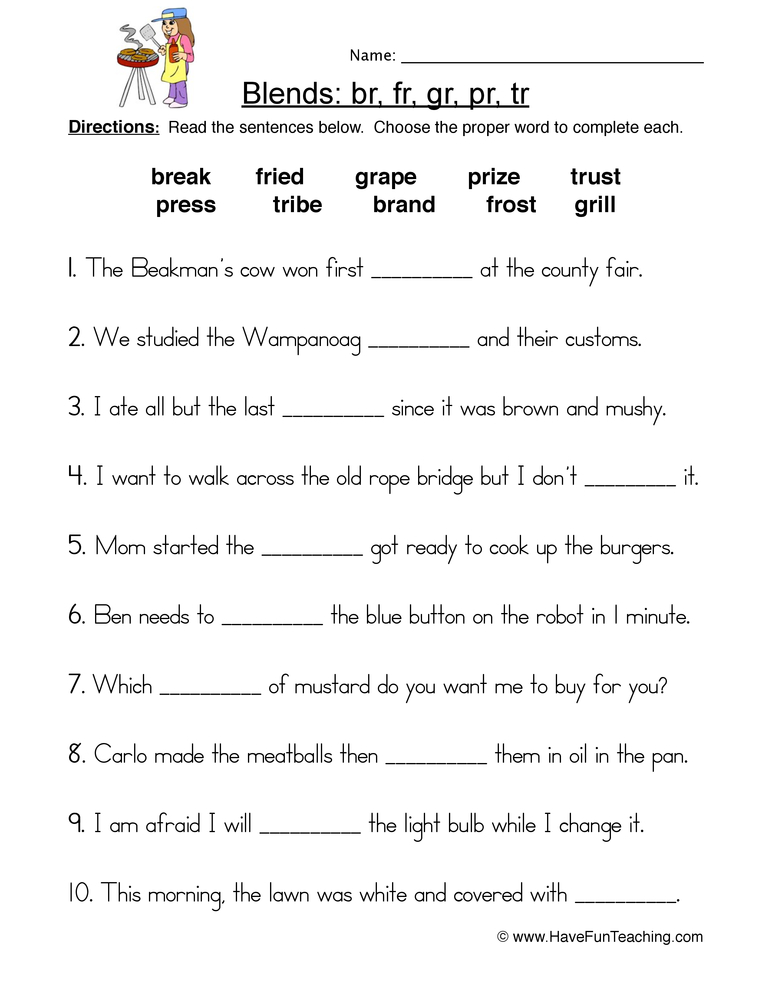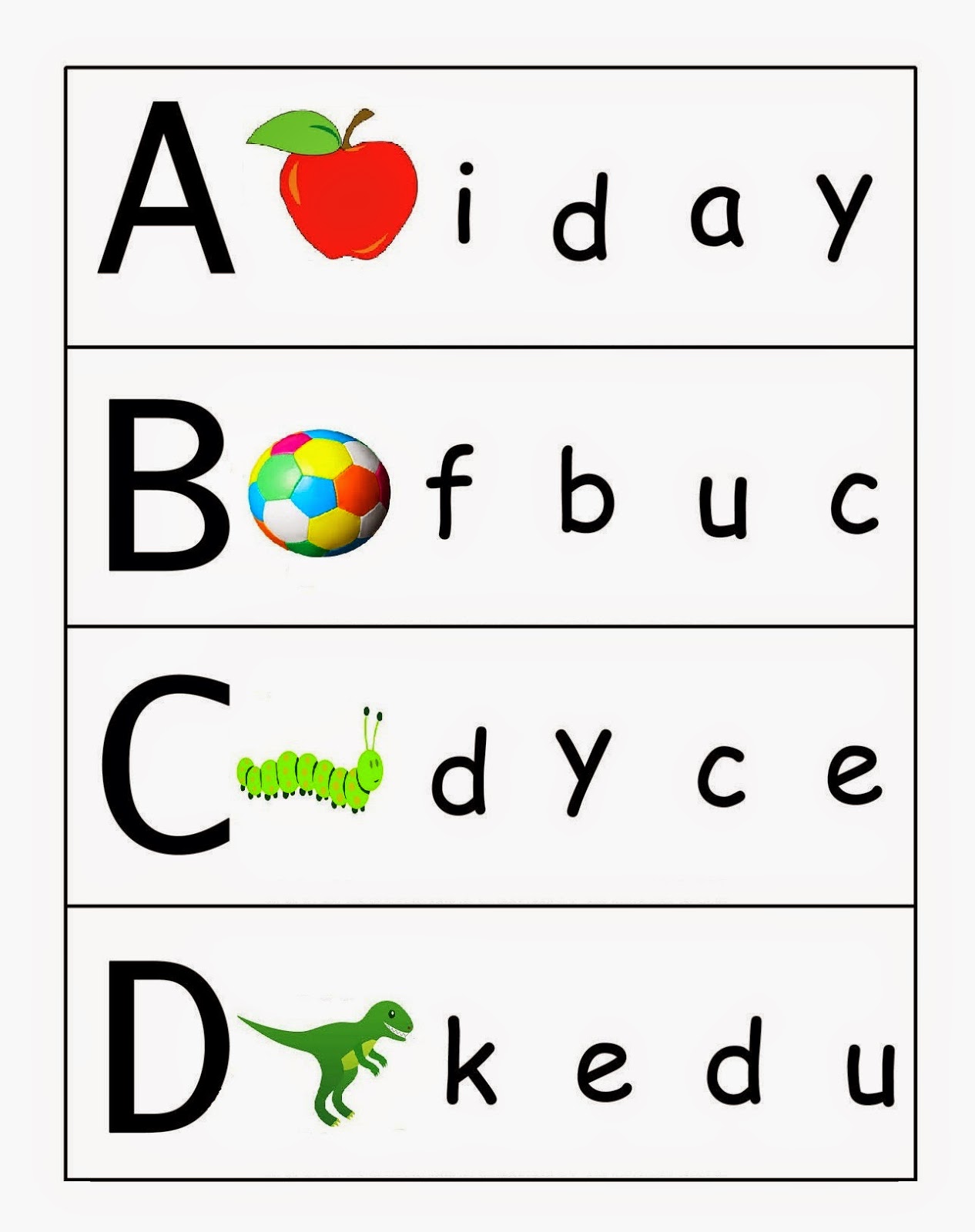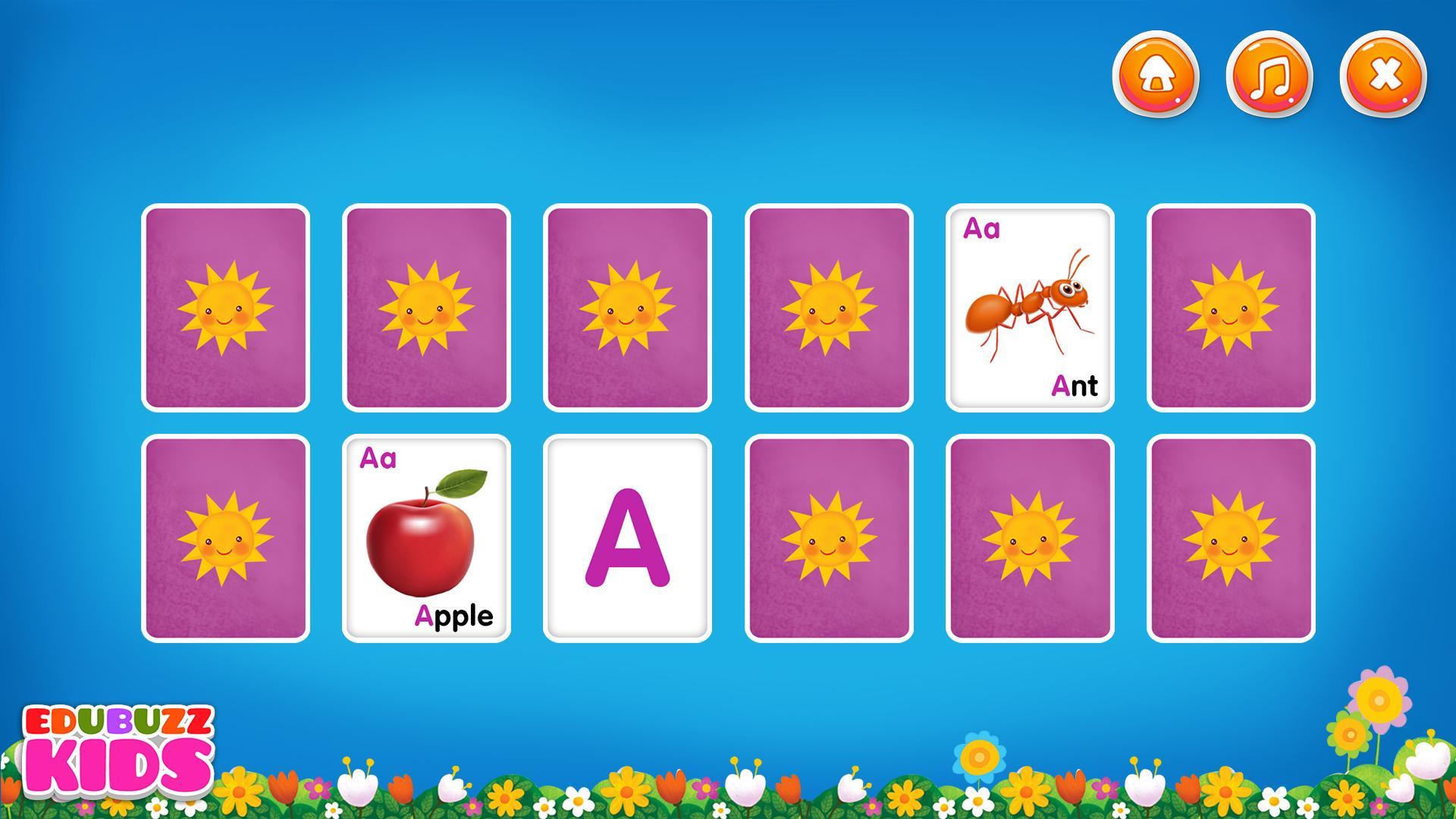Alphabet sound puzzle
Table of Contents
Table of Contents
Are you looking for a fun and interactive way to help your child build phonics skills? Look no further than puzzle play with alphabet puzzles! This engaging activity not only keeps little ones entertained, but also helps them develop important reading and language skills. Let’s dive deeper into how Puzzle Play: Building Phonics Skills with Alphabet Puzzles can benefit your child.
When it comes to learning phonics, many children struggle with identifying letter sounds and making connections between letters and words. This can be frustrating for both kids and parents. However, with alphabet puzzles, these pain points can be addressed in a fun and engaging way. By manipulating puzzle pieces and matching letters with corresponding objects or words, children can develop a better understanding of phonics concepts.
One of the main benefits of Puzzle Play: Building Phonics Skills with Alphabet Puzzles is that it provides a hands-on and visual learning experience. By physically holding and manipulating puzzle pieces, children can strengthen their fine motor skills, hand-eye coordination, and spatial awareness. Additionally, the visual cues provided by the puzzles can aid in letter recognition and word association.
In summary, Puzzle Play: Building Phonics Skills with Alphabet Puzzles offers a fun and effective way for children to develop their phonics skills. By engaging in puzzle play, kids can improve their letter recognition, letter-sound correspondence, and word association. The hands-on and visual nature of alphabet puzzles also helps enhance fine motor skills, hand-eye coordination, and spatial awareness.
Puzzle Play: Building Phonics Skills with Alphabet Puzzles - A Personal Experience
As a parent, I have witnessed firsthand the benefits of puzzle play in building phonics skills. My son struggled with identifying letter sounds, which made learning to read a challenging and frustrating experience for him. However, introducing alphabet puzzles into our daily routine made a significant difference. Not only did he become more confident in recognizing letters and their corresponding sounds, but he also started to connect letters with words more easily. It was incredible to see his progress and how much enjoyment he derived from solving the puzzles.
In our puzzle play sessions, I would present my son with a variety of alphabet puzzles, such as the 26pcs Alphabet Print Jigsaw Puzzle or the Didax Basic Skills Learning Puzzle Alphabet. We would sit together, discussing the letters and their sounds as he placed each puzzle piece in its correct spot. The interactive nature of the puzzles kept him engaged and motivated to learn. And with each completed puzzle, his phonics skills improved.
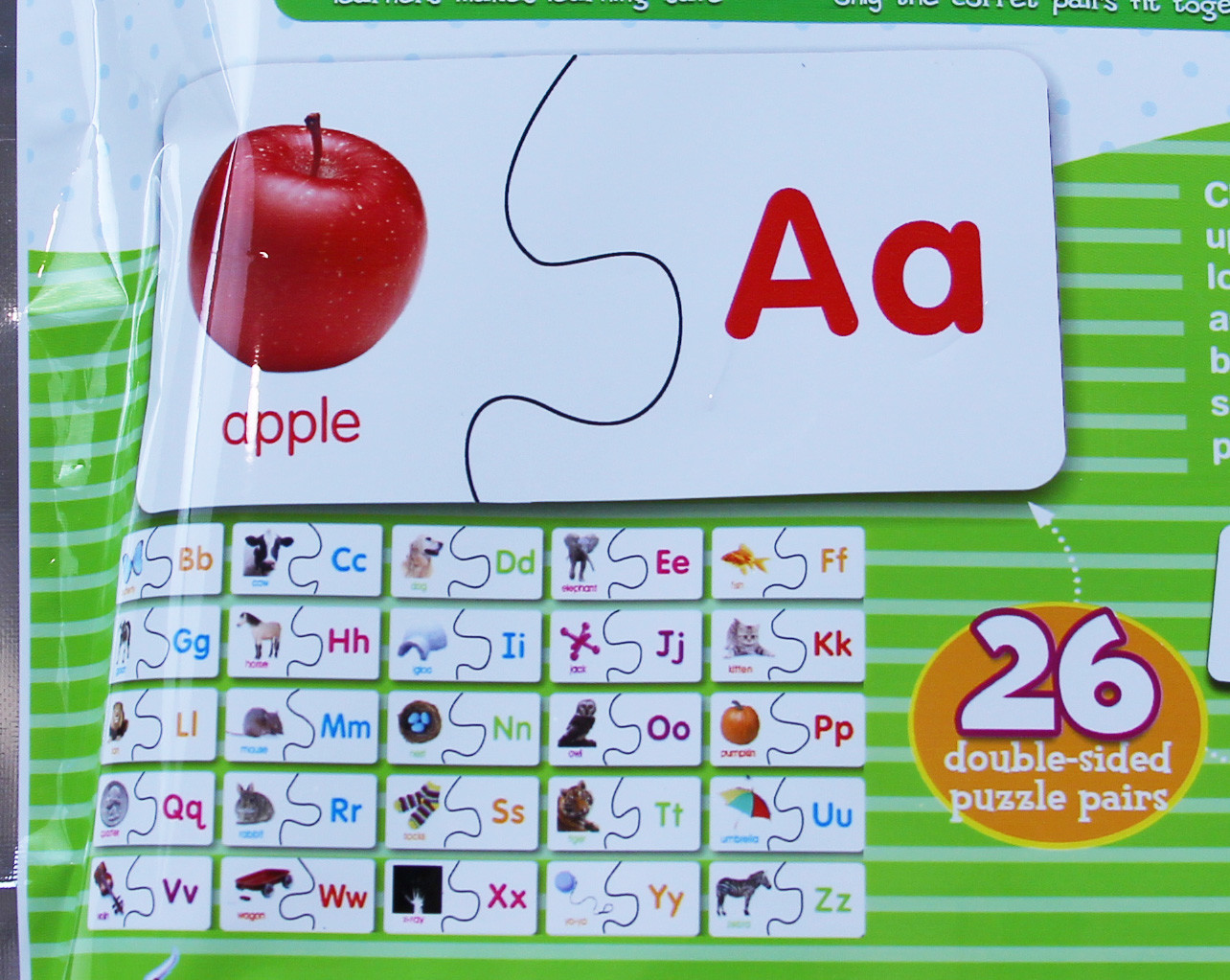 With alphabet puzzles, learning phonics became an enjoyable experience for my son. Instead of seeing it as a chore, he eagerly looked forward to our puzzle play sessions. It not only boosted his confidence but also sparked a love for reading and language. Puzzle play truly made a difference in his phonics journey.
With alphabet puzzles, learning phonics became an enjoyable experience for my son. Instead of seeing it as a chore, he eagerly looked forward to our puzzle play sessions. It not only boosted his confidence but also sparked a love for reading and language. Puzzle play truly made a difference in his phonics journey.
Choosing the Right Alphabet Puzzle
When it comes to Puzzle Play: Building Phonics Skills with Alphabet Puzzles, choosing the right puzzle is crucial. Look for puzzles that are age-appropriate, with large and sturdy pieces that are easy for children to handle. Additionally, opt for puzzles that offer a variety of phonics concepts, such as matching letters with words or objects. The Didax Basic Skills Learning Puzzle Alphabet, for example, provides 26 self-matching puzzles that help reinforce letter-sound correspondence.
Another great option is the Alphabet Sound Puzzle, which not only teaches letter recognition but also introduces the corresponding sounds. This multi-sensory puzzle allows children to hear the sounds as they fit the letters into their respective spots. It’s a fantastic tool for auditory learners or children who benefit from additional reinforcement.
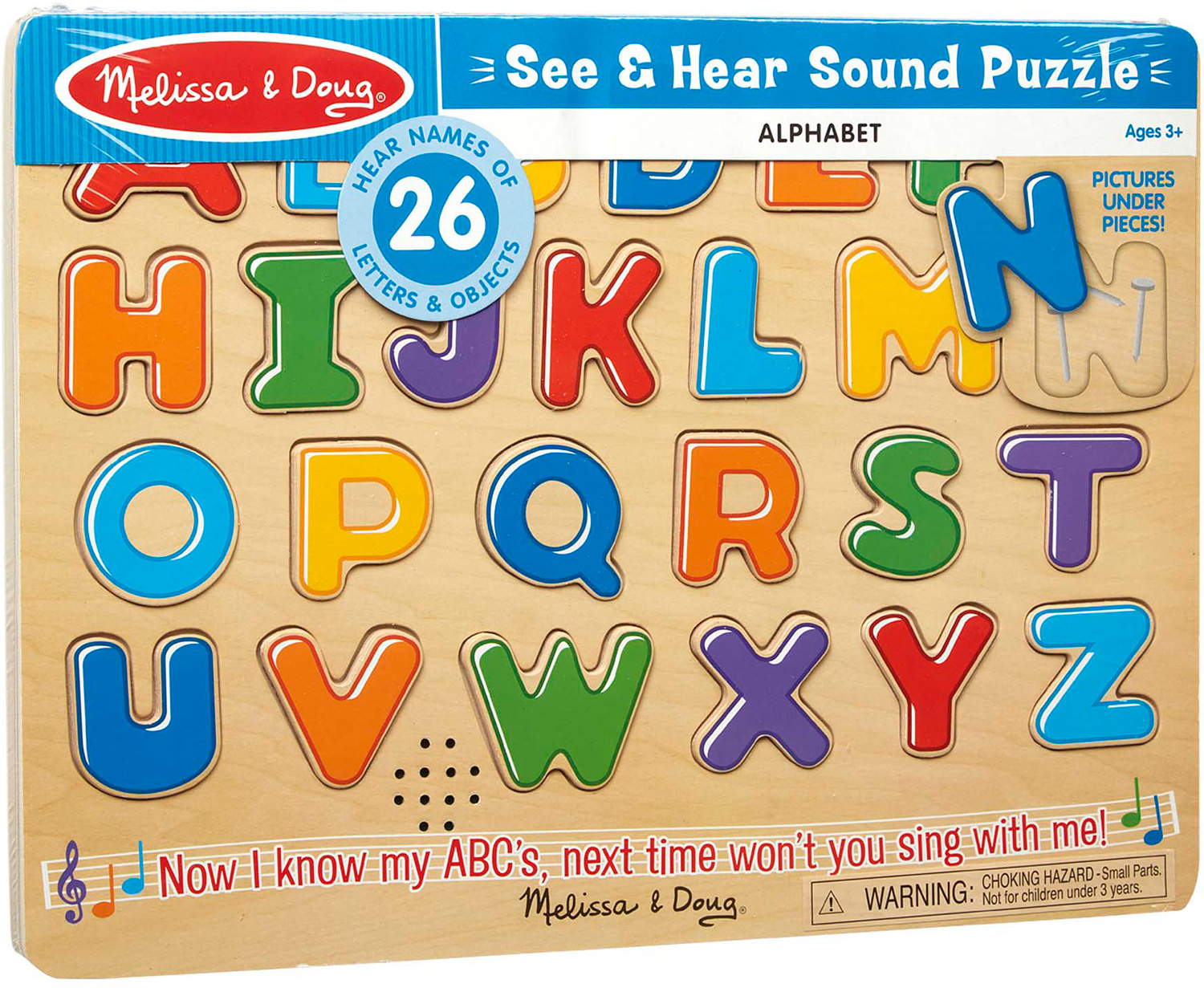 ### Beyond Phonics: Other Benefits of Puzzle Play
### Beyond Phonics: Other Benefits of Puzzle Play
Puzzle Play: Building Phonics Skills with Alphabet Puzzles offers more than just phonics development. It also promotes cognitive skills, social-emotional development, and problem-solving abilities. When children engage in puzzle play, they are required to use critical thinking to solve the puzzles, develop patience and perseverance, and even build teamwork when playing with others.
Moreover, puzzle play can foster a sense of accomplishment and boost self-esteem. As children successfully complete puzzles, they experience a sense of mastery and pride in their achievements. These positive feelings can have a lasting impact on their overall motivation and confidence in learning.
 #### FAQs about Puzzle Play: Building Phonics Skills with Alphabet Puzzles
#### FAQs about Puzzle Play: Building Phonics Skills with Alphabet Puzzles
Q: At what age can my child start playing with alphabet puzzles?
A: Most children can start playing with alphabet puzzles as early as 2 to 3 years old. However, the complexity of the puzzles should match their developmental stage. Start with simpler puzzles that focus on letter recognition and gradually introduce more challenging puzzles as they grow.
Q: Can alphabet puzzles help with letter-sound correspondence?
A: Absolutely! Alphabet puzzles are designed to reinforce letter-sound correspondence. As children match the letters with words or objects, they develop a stronger understanding of how letters represent sounds in words.
Q: How often should my child engage in puzzle play?
A: Puzzle play can be incorporated into daily routines for short periods of time. Aim for at least 10-15 minutes of puzzle play each day to provide consistent practice and reinforcement of phonics skills.
Q: Are there any specific puzzle recommendations for children with special needs?
A: There are various alphabet puzzles available that cater to children with special needs. Look for puzzles that offer tactile features, such as embossed letters, or puzzles that provide audio cues to accommodate different learning styles or sensory needs.
Conclusion of Puzzle Play: Building Phonics Skills with Alphabet Puzzles
Puzzle Play: Building Phonics Skills with Alphabet Puzzles provides a fun and interactive way for children to develop their phonics skills. Through engaging in puzzle play, they can strengthen their letter recognition, letter-sound correspondence, and word association abilities. The hands-on and visual nature of alphabet puzzles also enhances fine motor skills, hand-eye coordination, and spatial awareness. So why not introduce puzzle play into your child’s learning journey and watch as their phonics skills thrive!
Gallery
Alphabet Sound Puzzle - Homewood Toy & Hobby

Photo Credit by: bing.com / puzzle alphabet sound
Printable Phonics Puzzles - Printable Crossword Puzzles
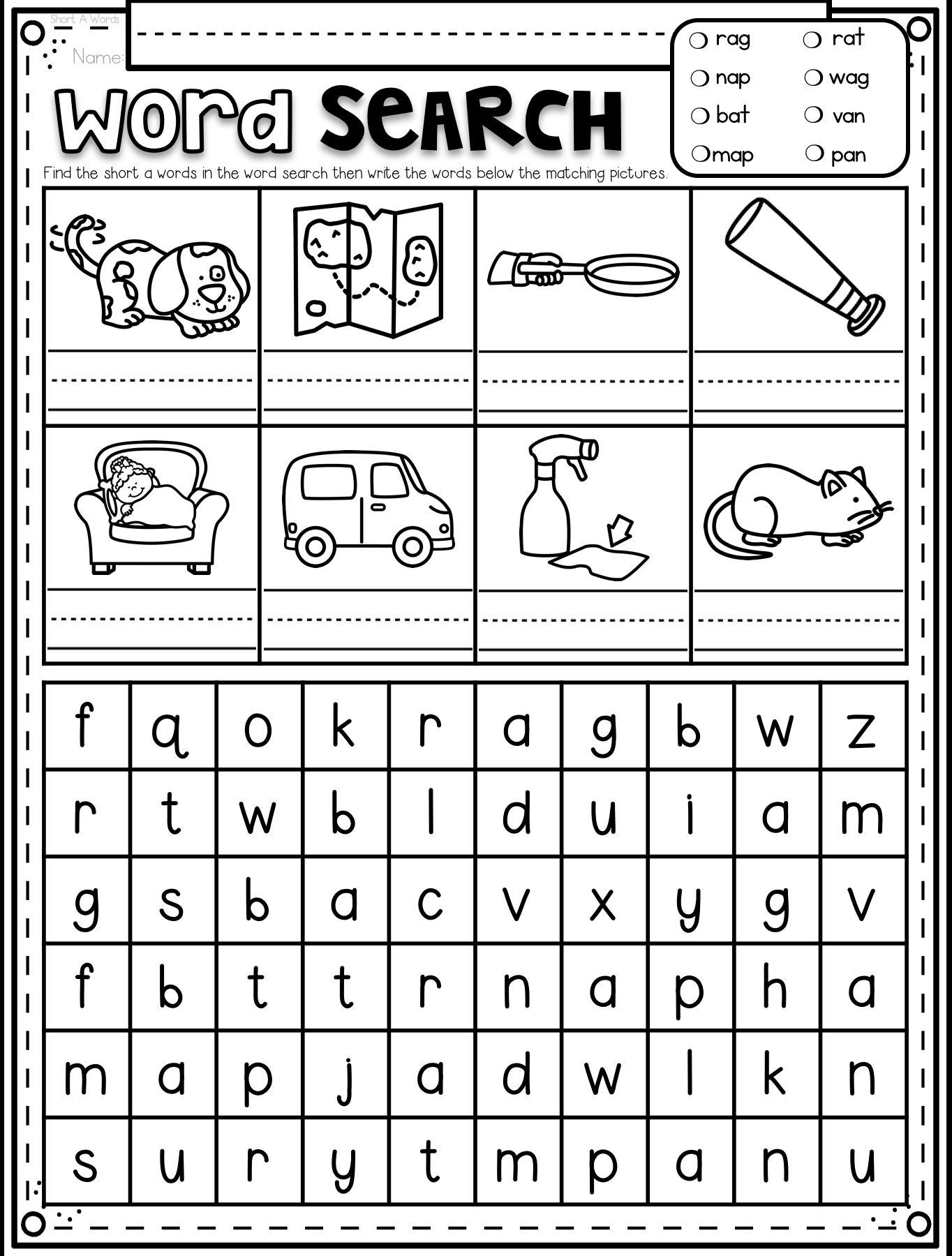
Photo Credit by: bing.com / phonics worksheets blends cvc vowel crossword kindergartenklub digraphs consonant differentiated vowels
Didax Basic Skills Learning Puzzle Alphabet 26 Self-Matching Puzzles

Photo Credit by: bing.com / didax phonics
26pcs Alphabet Print Jigsaw Puzzle , Match And Learn Puzzle Kids Puzzle

Photo Credit by: bing.com / 26pcs indonesian childrensbook
Didax Basic Skills Learning Puzzle Alphabet 26 Self-Matching Puzzles

Photo Credit by: bing.com / puzzle basic

